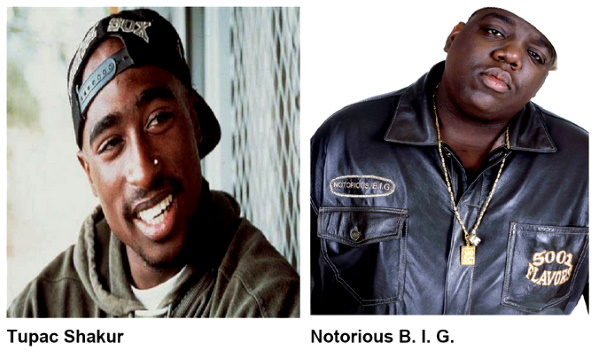Subscribe to Our Mailing List. Receive the Latest Events, News, Jobs, and Top Community Economic Development Stories Like this one Click Here | Reach up to 1.3 million people Promote
-------
Despite The Rich Storytelling Heritage of Rappers Coming From Our African Griot Legacy Too Many Are Dying Young
By Dr. Charles L. Singleton, The Family Journal, USA & Overseas
Griots of West Africa told reportorial stories during multiple centuries dating back to the 13th century, and long before Spain’s slavery colonization of the Caribbean in the 15th century, and the Spanish and Portuguese (Brazilian 1550s) sugar plantations (18th, 19th, and 20th centuries). Also, these gifted orators and performers existed before America’s enslavement of African captives on The White Lion English privateer ship, August 20, 1619, Jamestown, Virginia and thereafter: 17th and 18th centuries of American colonization. --- Written Sources
The griots were traveling musicians, singers, poets, and oral family historians. Their inherently gifted knowledge and cultural influence (rhythmic beats, verbiages, dialects, etc.), throughout the Americas, helped us to create our language and music today from the list below:
Slave Ships “Drumless Backing” Utterances (painful grunts, agonizing groans, and mournful suicides), Haiti's Creole Songs Since 1492: Caribbean 15th Century Songs; the Jamaican "Patwa," an English-based Creole West African Language (1533-1807: Rocksteady & Reggae Music 1960s - 1980s, Bob Marley (1945-1981) and various artists ), and the United States 17th and 18th Centuries’ Hambone Song, "Pattin' Juba," Calypso Afro-Caribbean Music (mid 19 century/mid-20th century: Trinidad, Tobago, Antilles, and Venezuela).
Yes, Gullah Geechee Talk (cumbaya or Kumbaya, okra, tote, obuh yuh, yent, ynnah, yenna name, buckruh, cootuh), and Geechee Songs; Cotton Field Songs, Underground Railroad Songs, African American Work Songs and Hollers; Hymn Choir Songs, Spirituals and Gospel Music; Instrumental and Vocal Praise & Worship Songs; “Say Yes, Say Yes” (West African Style and Afrobeat), Blues and Jazz Songs, Rhythm and Blues, Rock and Roll Music (1940s - 1950s), Soul Music (1950s - 1960s), the 1960s Funk Music and 1970s Hip-Hop Music, and Rap Songs; Dap: “Juba” or Hamboning-Like Fashion, Gestural-Rhythmic Greetings, “Five on the Black Hand Side,” 1960s -1970s, by Black G. I. s (African American Communities, Vietnam and other Asia-Pacific Countries: APAC). In addition, the Soulful Dance Steps of James Brown (1933-2006), Michael Jackson (1958-2009), Football Touchdown End Zone Dances of NFL, College, High School Football Players, and Youth Football League Players. And the 1970s - 1980s Poetic Words and Soul Music of Gil Scott-Heron (1949-2011), "The Revolution Will Not Be Televised." ---Oral and Written Sources, 187 Years of Recorded History, The Family Journal, USA & Overseas Archives, 2005-2021


